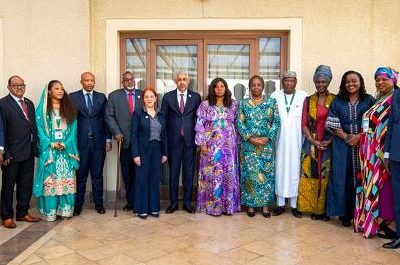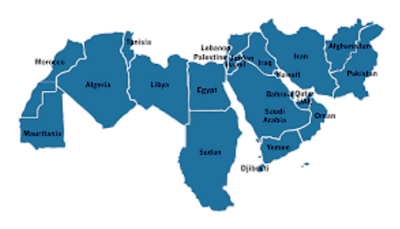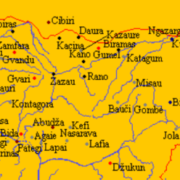Nigeria has launched the National HIV Clinical Mentorship Program. The program will deploy national and state clinical mentors to support health workers at facility and community levels through several mechanisms.
The Minister of State for Health, Dr. Adeleke Mamora, described establishing the National HIV Clinical Mentorship Program (NCMP) as a significant landmark achievement for the HIV response in Nigeria and to build capacity and support HIV treatment and care service providers in an integrated approach. He made the statement at the formal launch of the U.S. Government supported Program in Abuja on Thursday, December 9, 2021.
The minister also stated that the Nigeria HIV response had grown significantly in the last five years and that the past two years have perhaps been the most remarkable because of the resilience shown by the Program despite the challenges of the COVID-19 pandemic. With over 1.6 million people living with HIV on treatment, the country is firmly on the path to achieve epidemic control.
According to Dr. Mamora, the HIV Mentorship Program is coming at an excellent moment, “a time when the prospect of achieving epidemic control has become a reality and a central part of the discourse.” After epidemic control is achieved, transitioning to a chronic HIV health care model will require PLHIVs to engage with the health care system in an ongoing relationship for the long term.
Earlier, the U.S. Ambassador to Nigeria, Mary Beth Leonard, said achieving and sustaining HIV epidemic control has been the end goal since the U.S.-Nigerian partnership on HIV began and this mentorship program will strengthen government ownership of the HIV program – at both national and state levels – thus safeguarding sustained long-term epidemic control of HIV. In addition, this program will provide an opportunity for healthcare workers to receive practical training while providing HIV services, using the tried, true and tested methods of continuous quality improvement in line with the current Nigeria HIV national guidelines.
She said that by building local healthcare workers’ clinical and programmatic capacity over time, the U.S. Government supports developing a workforce that can lead, manage, and monitor the HIV/AIDS response from within its healthcare system. “To date, we have supported the recruitment, training, and deployment of 19 national mentors to specific facilities across Nigeria, with another 46 state-level clinical mentors soon to be deployed”.
Ambassador Leonard said the Program aligns with the U.S. President’s Emergency Plan for AIDS Relief (PEPFAR) key priority of strengthening the core capabilities of partner governments to autonomously lead, manage and monitor their own HIV response in an effective, equitable, and enduring manner.
The NCMP is implemented by Nigeria’s Ministry of Health through the National AIDS and STI Control Program (NASCP) with support from the United States Centers for Disease Control and Prevention (US-CDC). The Program will deploy National and State Clinical Mentors to support health workers at facility and community levels through several mechanisms, including site visits, case discussions, and virtual platforms.
Highlights of the launch included goodwill messages from the Global Fund, UNAIDS, NEPHWAN, and other stakeholders in the HIV response. In addition, the program Logo and the Nigeria HIV Clinical Mentorship Program Guidelines were unveiled.


















